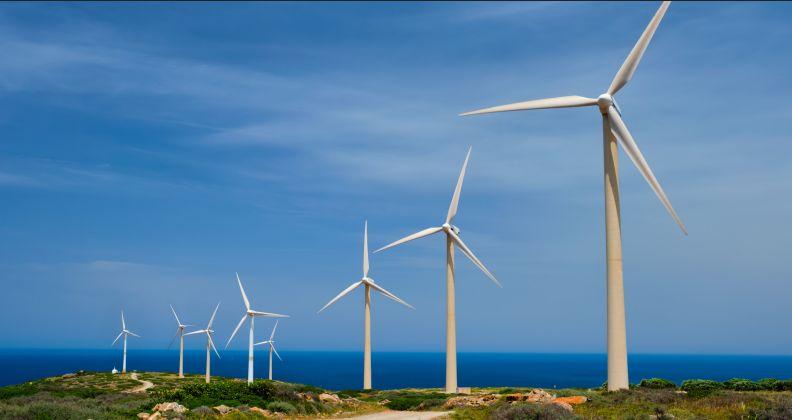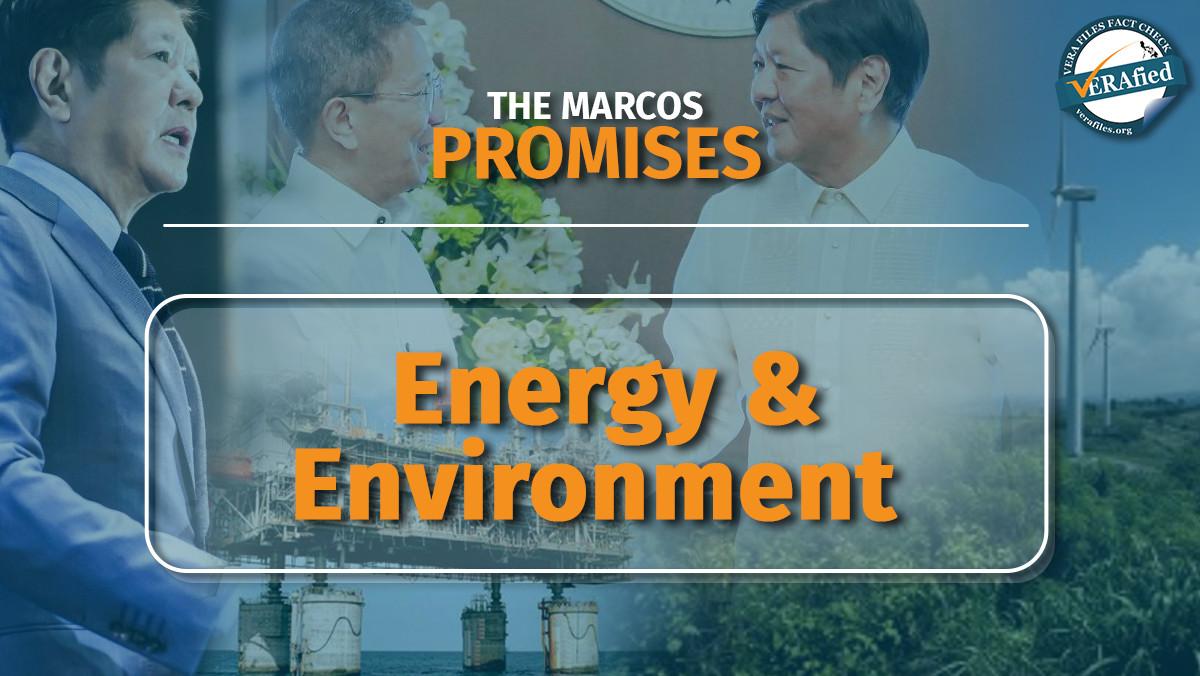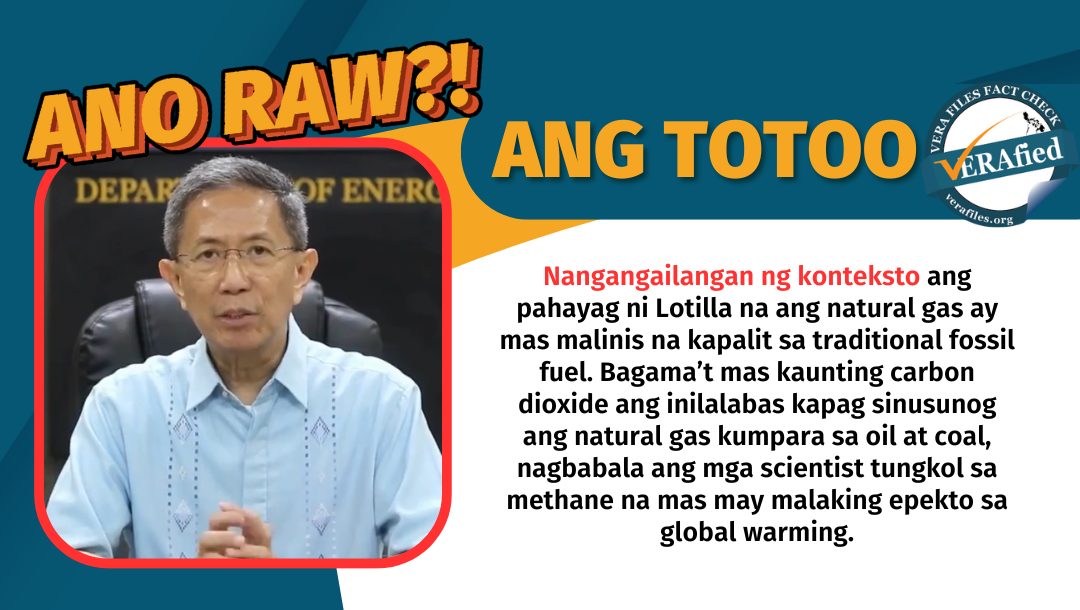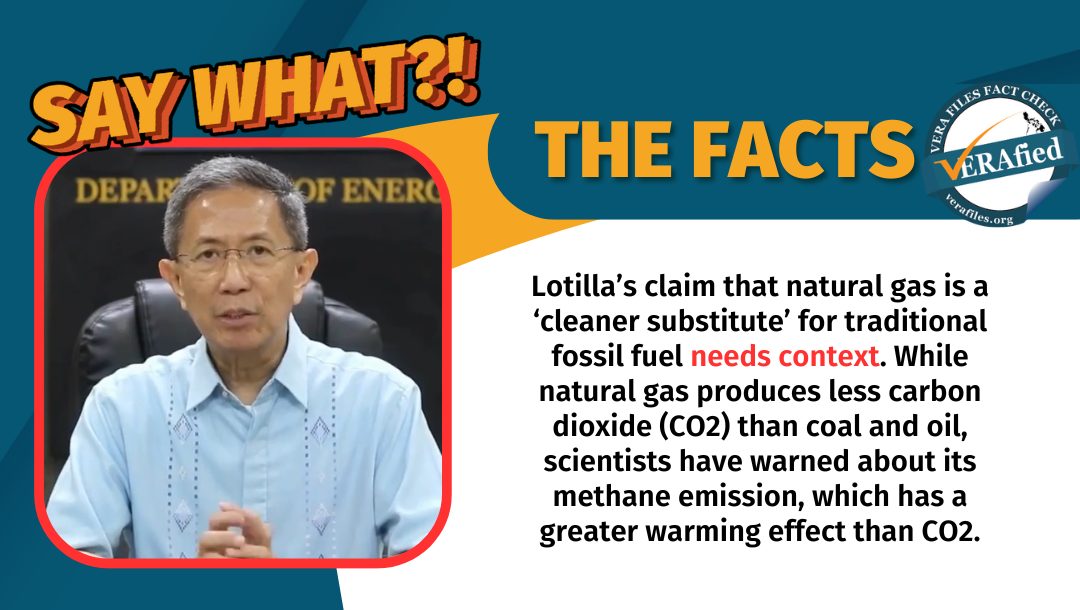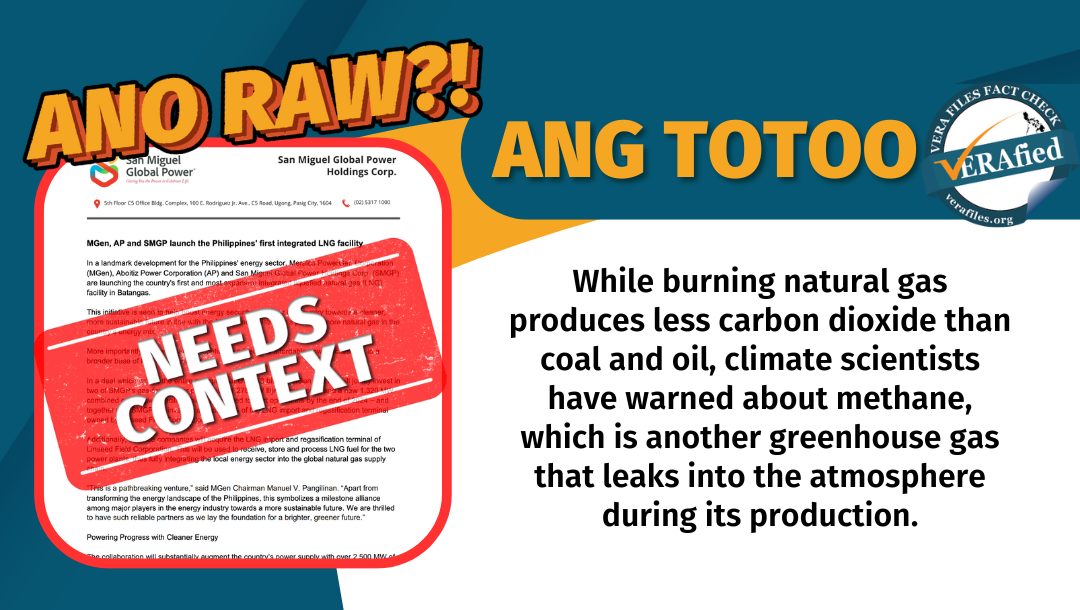Can wind power grow without harming the watershed?
Initial project documents reveal that 25 wind turbines are situated in the mountainous timberland which is outside the protected area, while 13 will stand in the strict protection zone, where infrastructure is heavily restricted.
